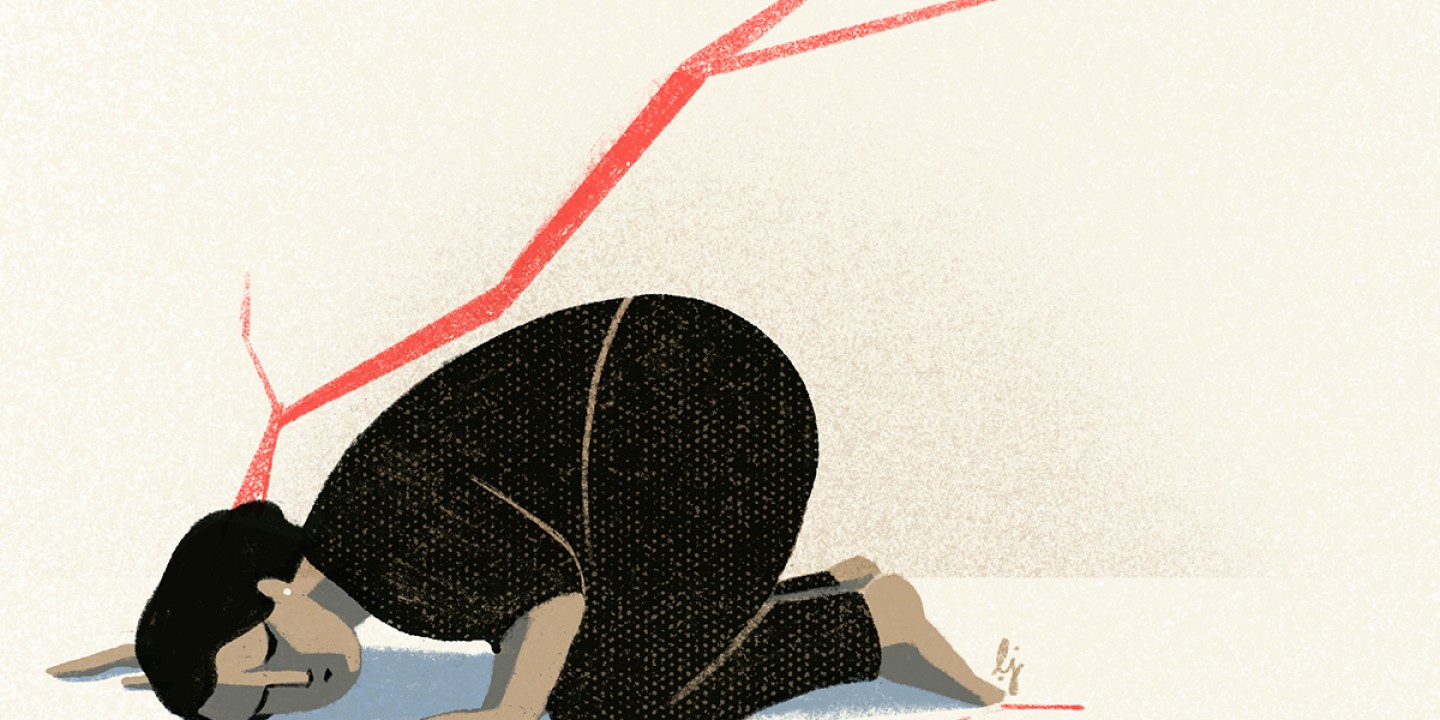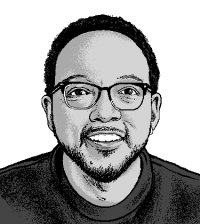Who we can hear
Local leaders sometimes convene to try to stop the violence in Chicago. But whose voices are at the table?

It is a well-known fact among audiophiles that the discography of one of the greatest bands of all time—the Beatles—includes some terrible-sounding albums. Not in terms of songs; the songs are great. But it was an age in which stereo mixing—the practice of creating finished audio with two different channels, left and right—was still nascent. Recording engineers wanted things to sound better and were experimenting with this new ability to mix in two channels instead of one. Ringo’s drums could now be in your left ear, while Paul’s bass and George’s seriously underrated guitar were on the right side.
But the engineers didn’t really know what they were doing yet with stereo, and mistakes were made. The vocals ended up on the left while the instruments were panned all the way to the right; certain parts that felt critical to the song were now nearly inaudible. The results were sometimes so bad that the mono versions of Beatles vinyl—the versions mixed the old way, with a single channel of sound—are now expensive collectible items.
Read our latest issue or browse back issues.
Can you tell I’m a musician?
Well, I’m also a pastor—on Chicago’s South Side—and I recognize some of the instincts of those intrepid engineers of the 1960s in denominations, judicatories, and congregations today.
It begins with a desire to see the world better than it is (yes!) and a suspicion that this will require trying things we haven’t tried before (amen!). This openness to interrogating our traditional practices—and making space for new ones—feels holy. It feels like what Jesus meant when he talked about baptism with fire, as opposed to the water baptism he and his people were accustomed to.
But if we the engineers of beloved community are not careful, we can damage the integrity of those we’ve set out to love and serve better. And in music and ministry and elsewhere, mistakes often come the same way: from a failure to listen well.
In our current political climate, we are having the same problems as those early recordings: some voices are being heard over others. We experience a lack of harmony in our world because we can go our entire lifetime without hearing certain voices. Some of us are centered; others are panned.
But if each of our voices is distinct and equally important, then why aren’t we all heard the same? If we want to address the problems in our communities, maybe we need to take a closer look at who is leading the work and who we aren’t hearing from enough.
Take the pandemic of violence in Chicago. It is an accepted reality. Every so often a group of faith leaders will gather to bemoan it and declare a renewed commitment to end it. From there, roundtables are formed with elected officials, philanthropists, researchers, and civic leaders. Their central question is always the same: What should we do?
Next comes the trying of things. Our streets become a laboratory for the latest big idea, and each idea is funded with great enthusiasm for the peaceful future to come. When that future does not come, we try again.
Every time we come back to the question “What should we do?” we change the what. Perhaps it’s time we thought differently about the we. Because while power convenes itself, it rarely remembers to invite the relevant voices without power. These distinct, capable voices tend to be missing from the conversation—a conversation that is about them.
I often visit juvenile detention centers in order to build relationships with young people who have been utterly forgotten. These kids, whenever asked, always have a wiser insight about what is going on in the streets than I hear at those tables of leaders. I always leave wondering why decision makers aren’t listening to them more. (Sometimes I wonder why we aren’t listening only to them.) Because when it comes to the motivations and machinations of violence, not a soul living knows more than they do. And when I ask them who else is coming to speak with them, you can already imagine the answer: nobody.
This is more than bad theology at work; it is poor stewardship of funds that could be effectively serving communities. And this type of listening is a restorative practice—as opposed to a punitive one—that invites young people to invest back into the healing of their communities. In this way, it is an anti-colonial process as well—one in which we understand that those experiencing the problems are best equipped to lead us toward solutions. We are fooling ourselves if we think we can stop the violence or any other problem without hearing from those closest to it. But our current paradigms train us instead to hire consultants to help us be antiracist or open and affirming, instead of engaging directly with Black communities, queer communities, and so on.
This kind of listening is never obvious or easy. It turns the volume down on our own voices so we can better hear others, and many aren’t willing to make the sacrifice. But if we want to restore harmony in this world, then we’ll have to do better at lifting up the voices God also loves. If we can’t hear them—or if they are still “they” and not part of our “we”—then we are making the same mistakes the engineers made on those Beatles albums.






